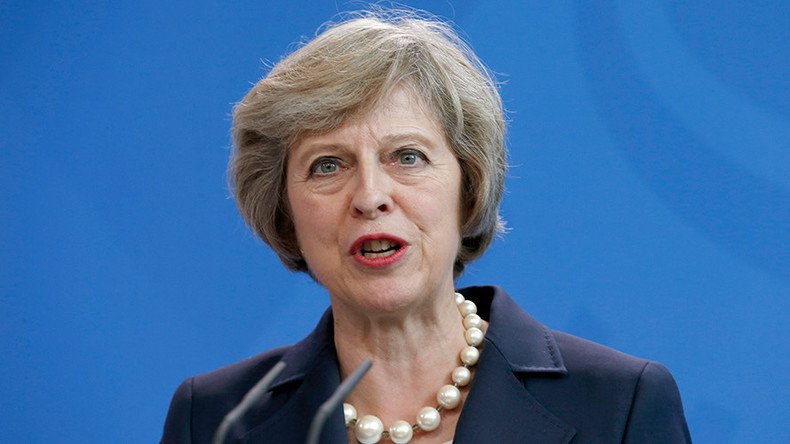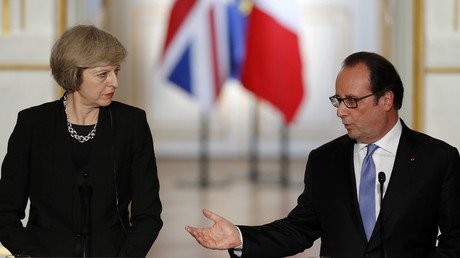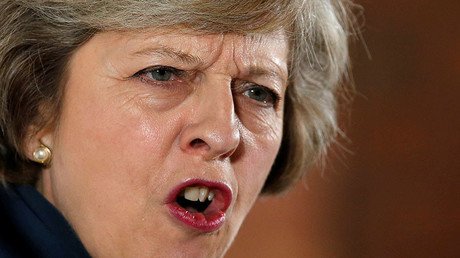No business as usual on immigration, Theresa May tells leading Eastern European politicians

Prime Minister Theresa May has told a group of senior Eastern European politicians that the UK’s post-Brexit deal with the EU must meet the expectations of the British electorate’s concerns about immigration.
Speaking at press conferences with the Slovakian Prime Minister Robert Fico in Bratislava and the Polish Prime Minister Beata Szydlo in Warsaw, she said Britons had sent a “very clear message that they do not want free movement to continue as it has in the past.”
May has visited half a dozen European leaders and senior politicians over the past week in a bid to find out whether it would be feasible to keep free trade with the rest of the EU while curbing the free movement of people.
The informal meetings come despite the EU banning member states from negotiating over Brexit until the UK triggers Article 50 of the Lisbon Treaty, the formal process by which Britain could leave the bloc.
Szydlo said any arrangement between the EU and the UK is likely to be the most important part of the negotiations between both parties.
“It will not be easy. But I think both for Britain and the EU it is very important that this issue - one of the four freedoms of the internal market - is saved,” the Polish PM said, according to the Guardian.
Meanwhile Fico told May that Eastern European countries would try to block her planned moves if she wants to curb the migration of EU nationals to the UK.
He said the “perception British voters have” of EU migration was “slightly different to how we perceive migration on the continent.”
Slovakia currently holds the presidency of the EU Council, which is made up of its 28 member states, until the end of the year. This gives it an important role in framing the EU’s response to Britain’s vote to leave the bloc.
May also repeated her position that Polish and Slovakian workers in the UK will have their right to remain in the UK only if British citizens get the same rights in Poland and Slovakia.
“We value the contribution the Poles have made to the UK. While we are a member there will be no changes. It is important that we see the rights of the British people in other EU countries as also being respected.”
Szydlo replied: “It is for us to negotiate to ensure the rights of Polish citizens in the UK and those of UK citizens in the European Union to be maintained.”
May hopes her new minister for Brexit, David Davis, will be able to strike a deal that ensures a “bespoke” and distinct relationship with the EU, rather than an “off the shelf” model negotiated with other nations such as Norway.
“We should be driven by what is in the best interests of the UK and what is going to work for the European Union, not by the models that already exist,” she said at the press conference in Bratislava.
Possible models include joining the European Economic Area or European Free Trade Association.
That might please the EU, but May would have to persuade Brexit voters to accept the EU budget contributions made by some of those countries and the migrants they allow in.
The comments come as new figures released on Thursday show the number of Poles in jails in England and Wales has risen above 1,000 for the first time, meaning they now comprise the largest group of foreign national offenders in UK prisons.
There were 1,012 Polish prisoners behind bars at the end of last month, 745 Irish, 674 Romanians, 534 Jamaicans and 512 Albanians.
Under a compulsory deal, EU prisoners can be transferred home to serve their sentence but Poland has a deferred this until the end of the year so it can provide more cells.














